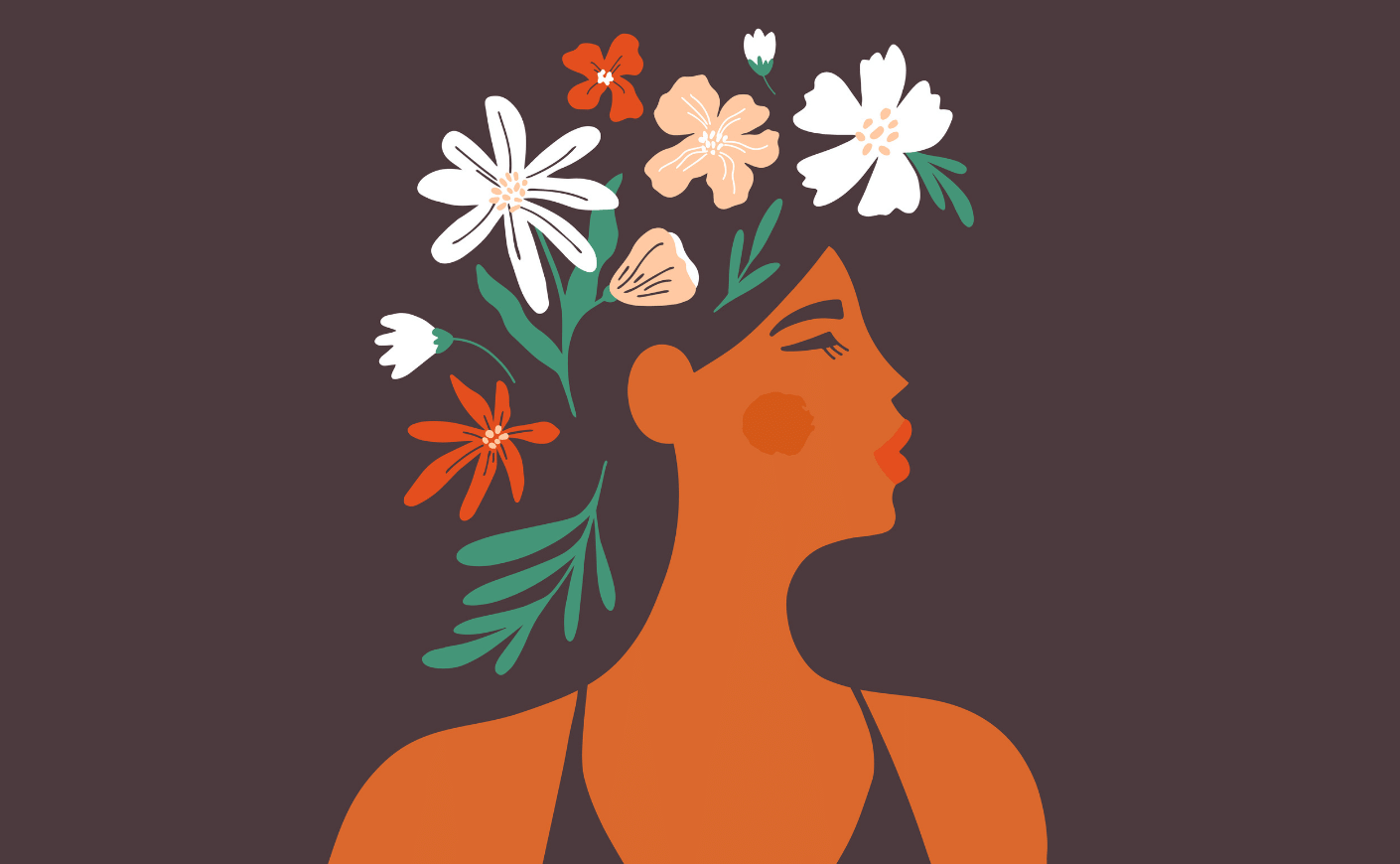A doctor explains how the female brain improves (yes, improves) with age.
Contrary to popular belief, life’s not over when you hit menopause. In fact, as neuropsychiatrist Louann Brizendine, MD, shares in her cutting-edge book The Upgrade, the female brain actually gets rewired during the second half of life to make space for enhanced perspective, purpose, and power.
Menopause (or “the upgrade,” as Dr. Brizendine likes to call it) is an opportunity for women in their 40s, 50s, 60s, and beyond to become their best selves. “Women are at a place where they can really grab their authenticity, stand in the center of it, and own who they are and who they want to be,” says Dr. Brizendine. And that’s not just a pipe dream. In The Upgrade, Dr. Brizendine shares science-backed research and dozens of women’s personal stories to prove how your second act can turn into the prime of your life.
The Upgrade picks up where Dr. Brizendine’s first bestseller The Female Brain left off. And although the author says she never thought she’d pen another book again, going through the menopausal journey herself made her realize she had a renewed purpose: to help women going through peri/menopause get through to the other side.
“I had to go through the journey myself first, and then I realized that I had more to say to help other women through this,” says Dr. Brizendine. “And wow, once you get through it, it’s almost like walking through the looking glass from Alice and Wonderland. All of a sudden, you’re in smooth green pastures after you’ve been through the mountain ranges of what I call ‘the transition.’ It’s such a beautiful and different time of life.”
We chatted with the bestselling author about how the female brain gets an upgrade in the second half of life, healthy ways to manage side effects like brain fog, and women’s greatest strengths.
KCM: Why do you refer to menopause as “the upgrade”?
Dr. Louann Brizendine: Because once the rock and roll of the fertility hormones that pull and push you through the menstrual cycle are gone, you’re in a much more stable place. During the transition — aka perimenopause — and in the fertility years, it’s like you’re on a path along the shore where the tideline hits. And every couple of weeks the tide comes in and washes the path away. As the menstrual cycle comes in, your hormones come and go, but when you get to the upgrade, or menopause, your path is a little higher up and apart from that shore. You’re on more stable footing and territory because you’re not having that change every month that washes things away.
How does the female brain change for the better during menopause?
All the neural pathways that are being connected and disconnected because of the flood of estrogen and then progesterone during the menstrual cycle no longer occur. Like that path along the shoreline, the tide isn’t washing away connections every month. And because that’s not going on in your brain all the time, you have much more stability, and you feel more centered, focused, and direct. You can now stand higher and see further with more clarity.
What are some common misconceptions about menopause that you hope to shatter in your book?
Well, first of all, life’s not over at this stage — it’s just beginning. The idea that everything ends at menopause, or that you’re going to be invisible, isn’t true. When you’re younger, you’re trying to find a mate and Mother Nature’s making it so that you’re supposed to procreate. But when you get to this stage, the cool thing is that’s not the mandate anymore. Suddenly, all the energy you used to have from being in what I call the “procreation brain” goes away, and you gain space to think about other things.
How can women keep their brain healthy as they go through the second half of life?
Studies show that maintaining muscle strength can stimulate the brain. There’s a story I share in The Upgrade where a group of women in their 80s were assessed for who had the best cognition. The study found that the women who had the best cognition also had the best leg strength. I tell women to work on strengthening some of the largest muscles in their body, like their glutes. For example, do butt squeezes every day while you’re brushing your teeth or you’re sitting at the computer.
I also think it’s important to keep the inflammation in your body down — I recommend the Mediterranean diet. Keeping your microbiome in your gut in order is also really important.
What are ways to deal with unpleasant symptoms during the transition like brain fog, hot flashes, or trouble sleeping?
One thing that helps is to become accepting of yourself and your symptoms. If you’re feeling brain fog, recognize that you’re going to have to increase your self-care that day. Maybe take a nice bath or a lovely walk in nature. When you’re feeling those symptoms, tell yourself, “OK, this is temporary. I’m not going to feel this way forever, but I do feel like this right now and I’m going to honor the fact that I feel this way. So today, I’m going to do some self-care.”
You believe that a lot gets better with age: relationships, confidence, wellness, and inner strength. For women who feel skeptical, what advice do you have on how they can harness their power to feel better?
One of the greatest strengths women have is perseverance. I would recommend really leaning into your perseverance and make sure that your voice is heard. Reach out for help from caregivers when you need it, and find other women and doctors to help you on your journey to persevere.
What’s the biggest lesson you hope women take away from your findings in The Upgrade?
That the best is yet to come.









